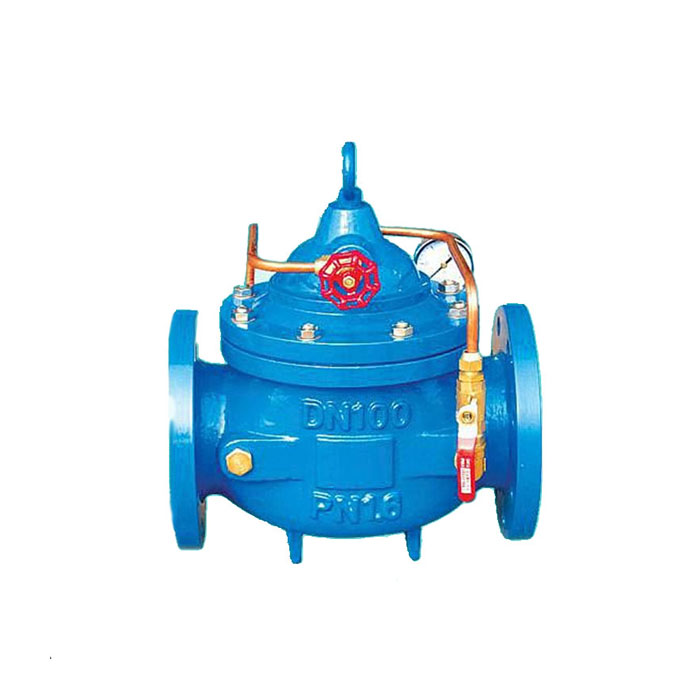Understanding the Functionality and Benefits of Butterfly Wafer Valves in Industrial Applications
Understanding Butterfly Wafer Valves Features and Applications
Butterfly wafer valves are a pivotal component in various industries, facilitating the control of fluid flow with minimal resistance. These valves are particularly known for their compact design, ease of operation, and versatile applications. Their unique structure resembles that of a butterfly, where a rotating disc operates within the pipeline to manage the passage of fluids.
What is a Butterfly Wafer Valve?
A butterfly wafer valve is a type of quarter-turn valve that employs a circular disc as the primary flow control mechanism. The disc is mounted on a shaft, and when the handle or actuator is turned, the disc rotates about its axis, allowing or restricting fluid flow. Unlike traditional gate or globe valves, which can be cumbersome and require more space to operate, butterfly valves are lighter and easier to install, making them an attractive choice for many applications.
The wafer part of the name refers to the valve's design, which is flat and sandwiched between two flanges in the piping system. This design enables efficient installation between other piping components without additional support structures, making it ideal for tight spaces.
Key Features of Butterfly Wafer Valves
1. Compact Design The low-profile construction of butterfly wafer valves allows for significant space savings compared to other valve types. This makes them suitable for applications where space is at a premium.
2. Lightweight These valves are generally lighter than traditional valves, contributing to reduced installation costs and making them easier to handle.
3. Quick Operation The quarter-turn operation of butterfly valves allows for rapid opening and closing, making them ideal for applications requiring swift response times.
4. Versatile Material Options Butterfly wafer valves are available in various materials, including metal, plastic, and rubber-lined options, allowing for compatibility with different fluids and environmental conditions.
butterfly wafer valve

Applications of Butterfly Wafer Valves
Due to their numerous advantages, butterfly wafer valves are widely used across a range of industries, including
- Water Treatment These valves regulate the flow of water in treatment plants, ensuring efficient processing and distribution.
- Pumping Stations Butterfly valves are employed in pumping systems to control flow rates and prevent backflow, enhancing system reliability.
- Food and Beverage Industry The sanitary versions of butterfly valves are designed to meet strict hygiene standards, making them suitable for applications in food processing and beverage production.
- Chemical Processing The ability to choose materials resistant to corrosive substances allows these valves to be effectively used in chemical processing plants.
- HVAC Systems In heating, ventilation, and air conditioning systems, butterfly valves manage airflow and optimize energy efficiency.
Conclusion
In summary, butterfly wafer valves represent an essential technology for controlling fluid dynamics across various industries. Their unique advantages—compact design, lightweight structure, rapid operation capabilities, and material versatility—make them a preferred choice for numerous applications. As industries continue to seek more efficient and effective fluid management solutions, the importance of butterfly wafer valves is undoubtedly growing. Understanding their features and applications can help engineers and industry professionals make informed decisions regarding flow control systems, ensuring optimal performance and reliability.
-
Breakthrough in Domestic Low Temperature Valve Technology in ChinaNewsAug.18,2025
-
From Machinery to Intelligent Brain: The Digital Transformation Wave of the Valve IndustryNewsAug.18,2025
-
PCVEXPO 2025NewsAug.18,2025
-
The Key to Fluid Control: Exploring the Advantages of Ball Valves in Industrial SystemsNewsJul.09,2025
-
The Versatile World of 1, 2, and 3 Piece Ball ValvesNewsJul.09,2025
-
Stainless Steel Ball Valves: The Ideal Choice for Efficient Flow ControlNewsJul.09,2025
-
Optimizing Fluid Control with Ball Float ValvesNewsJul.09,2025




